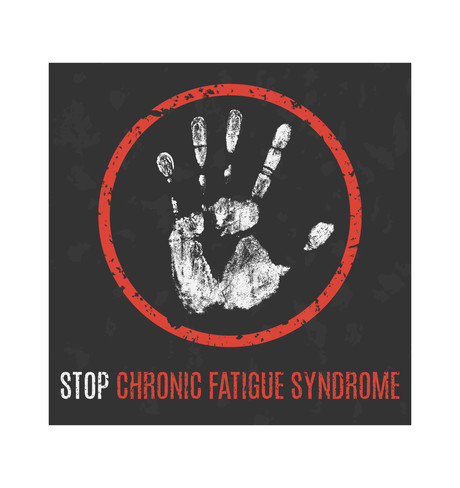Chronic fatigue syndrome: self-help exercise program may improve symptoms

Chronic fatigue syndrome (CFS) sufferers may benefit from a self-help approach to a graded exercise program, with a recent trial demonstrating reduced fatigue in some participants.
The self-help program, supervised by a specialist physiotherapist, was trialled on 200 people over 12 weeks and involved slowly and safely building up physical activity levels (eg, a few minutes walking) after establishing a daily routine, with the support of a specialist physiotherapist over the phone or Skype.
The approach saves patients from travelling to a clinic and might be useful as an initial treatment for patients to help manage the symptoms of CFS.
CFS affects about seven in 1000 people and is characterised by chronic, disabling fatigue in the absence of an alternative diagnosis. Based on previous trials, UK guidelines recommend graded exercise therapy and cognitive behaviour therapy for patients with CFS. However, graded exercise therapy is usually delivered in a clinic by specialist therapists with up to 15 sessions over 3–6 months, so it can be expensive to deliver and access to clinics providing these treatments is limited.
Dr Lucy Clark of Queen Mary University of London, UK, and lead author of the report, published in The Lancet, said: “Graded exercise focuses on improving routines and changing physical activity patterns, and it may even require an initial reduction in activity. The aim is to progress carefully to improve, under the supervision of a CFS-experienced therapist, rather than pushing people too hard and towards a setback. Offering the therapy as a self-help approach, supervised by a physiotherapist, could increase access and avoid the fatiguing effects of travel for the intervention.”
Report card shows "alarming" levels of ramping
Ambulance ramping in some states is still double what it was five years ago, the Australian...
NSW commits additional $2.8m for paediatric palliative care
The NSW Government has committed an additional $2.8 million to support a range of initiatives to...
Healthscope issues statement on three hospital patient deaths
Healthscope has issued a statement outlining its response to the deaths of three of its...









